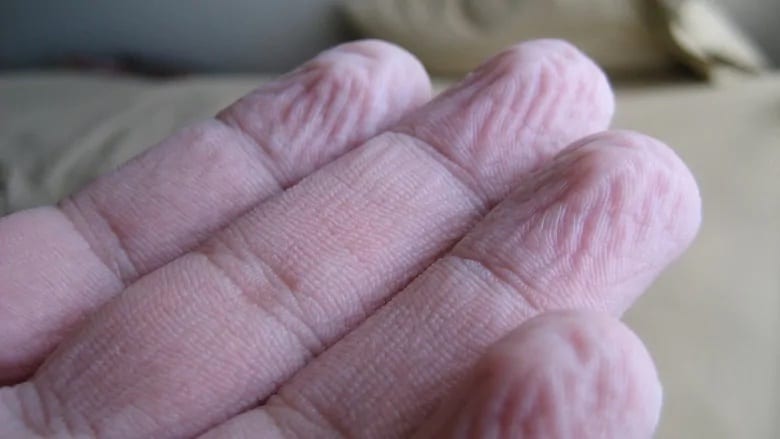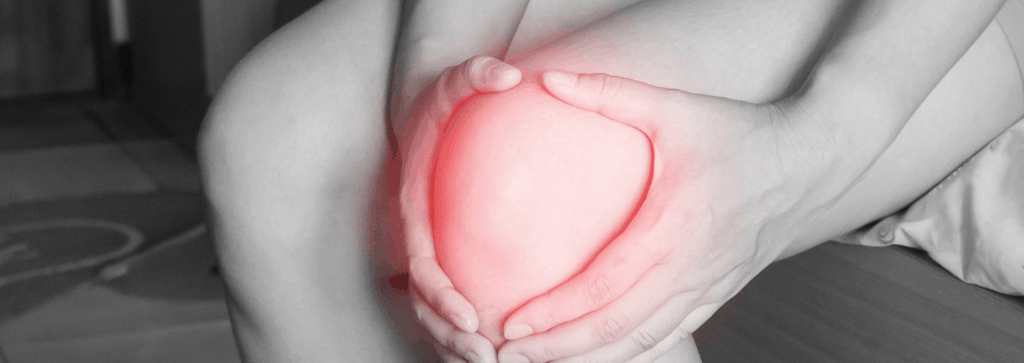Most of us are familiar with the role of physiotherapy for treating acute pain, sports injuries and helping chronic conditions like low back and neck pain, shoulder pain, knee pain, arthritis and other musculoskeletal conditions.
Some people associate physio with looking at posture, treatment and recovery after fracture or orthopaedic surgeries, ligament injuries, dry needling or prescribing exercise programs.
While these are all things that physios do, these really scratch the surface!
In reality, different physios treat a broad range of conditions and injuries depending on their training and areas of interest.
Read on to find out more about other conditions physios treat that you might not be aware of.
Migraine Treatment
If you’re suffering from regular migraines, you may not even consider seeing a physiotherapist.
Instead, your first move may be to see your GP. They may prescribe you migraine medication and refer you to a neurologist for further investigation.
However, a physio who is trained in the Watson Headache Approach is trained to screen for any so-called ‘red flag’ conditions.
They can then identify if there is a contribution from your upper neck.
The upper neck is capable of causing or perpetuating migraine problems and is something that isn’t given enough credit.
Migraine is one of the most common conditions that we treat in our Headache Clinic.
For the right person, migraine can be treated successfully using manual therapy, and reduce the amount of medication that is required.

Dizziness and Vertigo Treatment
There are many causes for dizziness and vertigo.
The most common cause that we encounter is benign paroxysmal positional vertigo (BPPV).
This debilitating condition causes intense episodes of dizziness and nausea.
Fortunately, BPPV can often be effectively treated with physiotherapy. The treatment consists of identifying the semicircular canal that is affected, then focusses on repositioning manoeuvres to restore normal vestibular function.
Vestibular migraine is a category of migraine that can be mistaken for BPPV.
This is the second most common cause of dizziness we see in the clinic.
Using the same principles that we use for migraine assessment and treatment, we can determine if
The key is in the assessment – the physio needs to differentiate between these conditions so that the correct treatment can be used.
Respiratory Physiotherapy
A respiratory physio aims to optimise the lung health using special techniques to help clear the airways of secretions and maximise lung funtion to make breathing easier.
This can be particularly useful for people with respiratory diseases such as bronchitis, asthma, pneumonia, bronchiectasis and cystic fibrosis. It can also be useful after chest surgery, such as lung or heart transplants.
The physio will also be able to teach the patient techniques for maximizing their lung health, and help them improve the amount of physical activity they can reasonably do.
Not only does this make breathing easier, but it also helps improve quality of life as people feel more able to get out and enjoy the world around them.
Incontinence Physio
It’s estimated that around 10% of men and 38% of women suffer with urinary incontinence in Australia.
Many people don’t realise that something can be done about it, with research showing that 70% of sufferers do not seek help.
It’s a particularly common issue for women after childbirth, due to the physical changes to the body from being pregnant and giving birth.
The research evidence shows clearly that physio treatment can be very effective, and is the best first treatment for many causes of incontinence.
A womens health physiotherapist like our Lisa Vernon can help you strengthen the pelvic floor muscles around your bladder and bowel, helping to manage urinary dysfunction and boost your quality of life.
In some cases, she uses a trans-abdominal real time ultrasound scan to get an accurate picture of the pelvic floor muscles without the invasiveness of manual examination.
Through comprehensive assessment, diagnosis and a personalized treatment plan, a physio can help immensely with pelvic floor problems.
Remember, it’s never too late to start training these important muscles.
Animal Physiotherapy
Humans aren’t the only ones who can benefit from physiotherapy.
Veterinary physiotherapists specialise in helping animals recover from a range of injuries and ailments, to reduce stiffness and pain and ultimately improve their quality of life.
Some specialise in the animals that they treat, like physios that only treat horses.
Find Out If Physiotherapists Treat Your Condition
Hopefully you can see that physiotherapy can help a diverse range of problems for people of all ages, including acute and chronic health conditions.
How could you possibly know if physiotherapy treatment can help treat your condition?
The first step is call your physio clinic and speak with the staff.
Another good idea is to visit the Australian Physiotherapy Association website, which gives detail about the many conditions that physios help manage.
You can find out the different conditions that we treat by checking out the services menu, and conditions treated menu at the top of this page. Even this won’t tell you the variety of conditions that we treat! Your best bet is to call and speak with a physio.
Different physios have different interests, training and experience. You may be surprised!
Physiotherapists are highly trained professionals who are here to help you live a life without pain and get back to the activities you enjoy.
Call us today on (08) 7110 0848 to speak with one of our friendly and knowledgeable physios free of charge.
You can find out quickly whether we can help you, or at the very least we can point you in the direction of the right person to help.















